In response to its employee suffering a medical emergency while working on its vessel, Marathon refused to help the employee. The employee had a severe panic attack and as a result, he fell and hit his head and suffered a traumatic brain injury. On behalf of the employee, Doyle Dennis Avery LLP filed suit against Marathon Petroleum Company L.P. and Marathon Petroleum Logistics Services LLC for failing to provide treatment, monitoring the employee, or taking any action to address an injury suffered while in service of Marathon’s vessel.
In more detail, the employee began having symptoms of an anxiety or panic attack and medical emergency. The employee immediately called his family for emotional support. The family subsequently notified the captain of the situation. In response, the captain became angry, refused assistance, and told the family that the employee was not his responsibility. The captain then ordered the employee to return to his room. Predictably, when the employee returned to his room, he experienced a severe panic attack. During the panic attack, the employee fell and hit his head and neck. As a result of the fall, the employee sustained serious injuries, including a traumatic brain injury, head injury, and neck injury. The employee subsequently hired Doyle Dennis Avery LLP to file suit against Marathon Petroleum Company L.P. and Marathon Petroleum Logistics Services LLC. The lawsuit states that Marathon is liable for negligence, unseaworthiness, and wrongful denial of the employee’s maintenance and cure.
Doyle Dennis Avery LLP’s client was regularly assigned to work in Marathon’s fleet of vessels. Under the Jones Act, the client was a seaman. The Jones Act is the federal law that provides compensation for injured seamen who work on vessels and other offshore installations. Jones Act employers such as Marathon may be held liable for failing to provide adequate crew and equipment and failing to supervise and train the crew. And under maritime law, a vessel may be deemed “unseaworthy” if its crew are inadequate. Also under maritime law, a vessel owner’s obligation for maintenance and cure is a feature of the maritime law compensating or offsetting the special hazards and disadvantages to which seamen are subjected. Vessel owners such as Marathon who refuse to pay maintenance and cure are subject to liability.
Doyle Dennis Avery LLP is proud to represent offshore workers who were injured offshore. Recently, Doyle Dennis Avery LLP secured a $7.8 million verdict on behalf of an offshore worker in Gillies v. Valaris PLC. If you were injured while working offshore, call Doyle Dennis Avery LLP today for a free evaluation of your claim.


